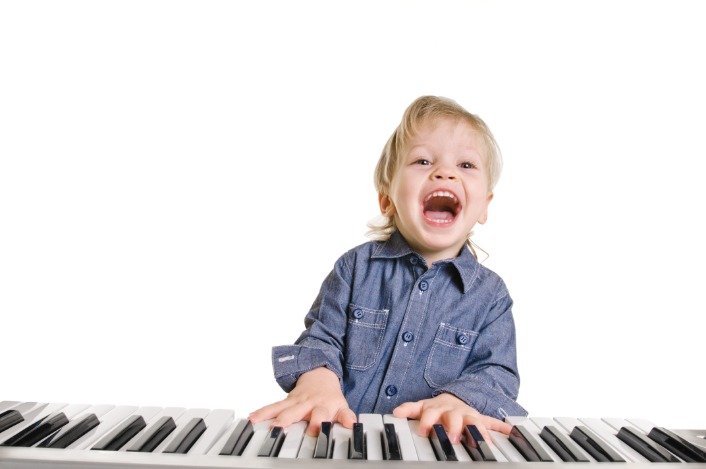Music has a profound impact on human development, and it can be an exceptional tool for enhancing the lives of individuals with autism and other special needs. Engaging in piano lessons for autism and piano lessons for special needs individuals not only fosters musical talent but also aids in various aspects of development.
The Power of Music for Autism and Special Needs
Research has shown that music can act as a therapeutic medium for individuals with autism and other special needs. Here’s how piano lessons can make a difference:
- Improved Motor Skills: Coordinating hand movements to play the piano helps enhance fine motor skills.
- Cognitive Development: Learning to read music enhances memory, concentration, and cognitive flexibility.
- Emotional Expression: Music provides a channel for expressing emotions, which can be particularly beneficial for those who struggle with verbal communication.
- Social Interaction: Piano lessons often involve interaction with instructors and peers, fostering social engagement.
Choosing the Right Piano Instructor
Read more about special needs music here.
Selecting an instructor who understands the unique needs of these individuals is crucial for a successful learning experience. Here are some tips:
- Experience: Choose someone with experience in teaching students with autism and special needs.
- Patience: A patient instructor who is adaptable and understanding can make a significant difference.
- Customization: Look for instructors who offer personalized lesson plans tailored to the student’s abilities and interests.
Frequently Asked Questions (FAQs)
- Q: Can any child with autism benefit from piano lessons?
- A: While each child is unique, many children with autism can benefit from piano lessons tailored to their specific needs and abilities.
- Q: How often should lessons be?
- A: Consistency is key. Weekly lessons are generally recommended to ensure continuous progress.
- Q: What age is appropriate to start piano lessons for children with special needs?
- A: There is no fixed age. It largely depends on the child’s interest and readiness to learn.
- Q: Are group lessons or individual lessons better?
- A: Both have their advantages. Individual lessons provide personalized attention, while group lessons offer social interaction opportunities.
Piano lessons can be more than just an extracurricular activity; they can be an important part of the developmental journey for individuals with autism and special needs. By focusing on their unique strengths and challenges, piano lessons can unlock new realms of potential and joy.





